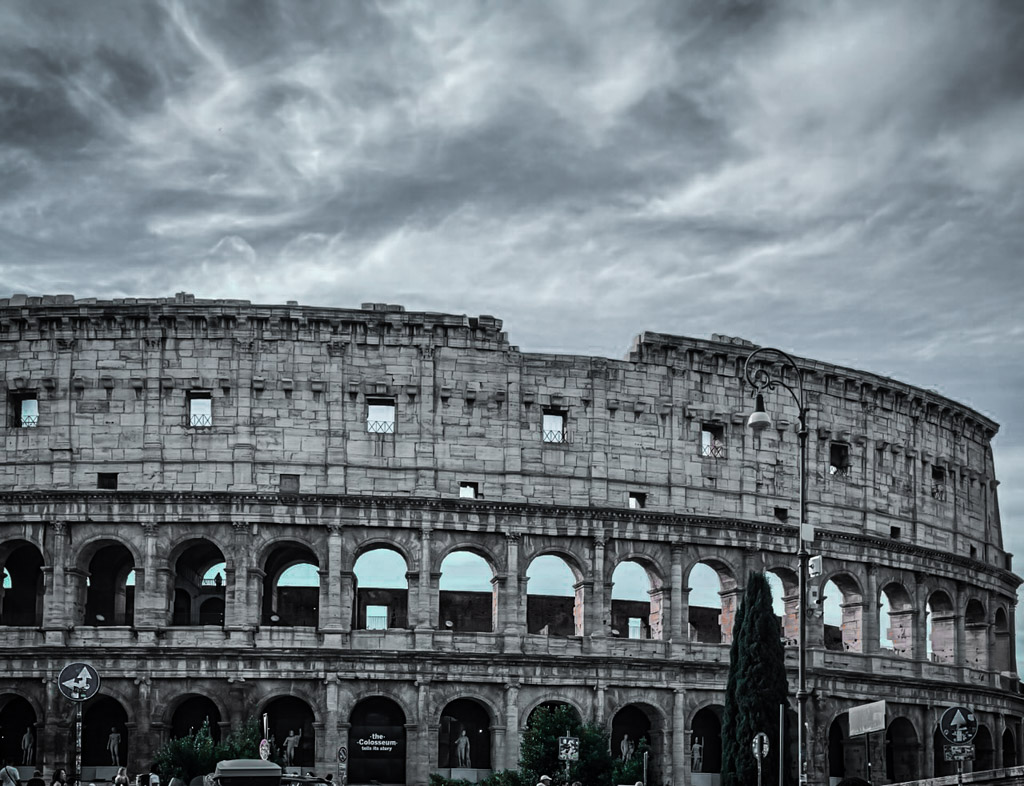

 ©Michael Player
©Michael Player
Chapter 1:10-16 (ESV) - Tell it not in Gath;
weep not at all;
in Beth-le-aphrah
roll yourselves in the dust.
Pass on your way,
inhabitants of Shaphir,
in nakedness and shame;
the inhabitants of Zaanan
do not come out;
the lamentation of Beth-ezel
shall take away from you its standing place.
For the inhabitants of Maroth
wait anxiously for good,
because disaster has come down from the Lord
to the gate of Jerusalem.
Harness the steeds to the chariots,
inhabitants of Lachish;
it was the beginning of sin
to the daughter of Zion,
for in you were found
the transgressions of Israel.
Therefore you shall give parting gifts
to Moresheth-gath;
the houses of Achzib shall be a deceitful thing
to the kings of Israel.
I will again bring a conqueror to you,
inhabitants of Mareshah;
the glory of Israel
shall come to Adullam.
Make yourselves bald and cut off your hair,
for the children of your delight;
make yourselves as bald as the eagle,
for they shall go from you into exile.
Question to consider: What is a lamentation?
A lamentation was a dirge of remembrance to remind the people why they had lost their beloved land and to call them to turn back to the LORD. In yesterday’s passage, Samaria was described as an incurable wound. Her idolatry had become so great that her judgment was imminent. While the LORD is merciful, slow to anger, and abounding in steadfast love, there is a time in which the call to repent ceases, and judgment has come. Even in exile, the LORD would remember His covenant with Abraham, Isaac, and Jacob and restore the house of Jacob. Both Israel and Judah returned to the land at the time of Zechariah, and God’s promises were fulfilled in Christ.
During the Assyrian siege of Samaria, Sennacherib made his way down into the Judean countryside and all the way up to the gates of Jerusalem in 701 BC. He failed to overtake the holy city, but Micah described in today’s passage the destruction of the Judean towns (including his own, Moresheth-gath).
In 2 Samuel 1:20, David declared in his lamentation of Saul and Jonathan, “Tell it not in Gath, publish it not in the streets of Ashkelon, lest the daughters of the Philistines rejoice, lest the daughters of the uncircumcised exult.” Micah opened his lamentation with the same phrase as if he feared the rejoicing of the Philistines if Gath wept at the judgments that were coming.
Beth-le-aphrah means house of dust, and Micah pleaded with them to roll in dust as an act of contrition for their sins. Shaphir means pleasant, but their judgment would be unpleasant– being stripped naked and put to shame. The neighboring town of Zaanan means to go out, but they would not go out. Possibly, this meant they would not go out to help relieve Shaphir of their shame, or in their destruction, they would not go out from the town again. It is interesting to go through the names of the towns and see how they match up with what was declared against them, but you get the idea.
As Micah got to Mareshah (which means conqueror), he declared they would be conquered, and the glory of Israel would be the rulers of Israel who would flee to Adullam. King David had fled from Gath to Adullam in 1 Samuel 22 so the judgments seem to follow his path. Micah pleaded with these leaders to make themselves bald in mourning for those who were to be exiled.
I’ve always pictured a lamentation as something that was sung in exile like Pippin’s song, “Edge of Night,” from the Return of the King when Denethor feasted after sending his son Faramir out to certain death in battle. It was a reminder used to turn people’s hearts back to the LORD and away from the gods of the nations that enslaved them.
Dear heavenly Father, please help us to lament over our own sin so that we may desire to turn back to You for mercy. Thank You for Christ Jesus who is the source of our peace with You. Amen.